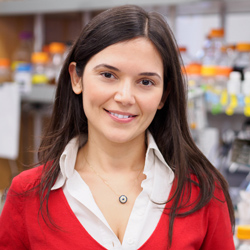 Congratulations to Elçin Ünal on receiving tenure and her promotion to MCB Associate Professor!
Congratulations to Elçin Ünal on receiving tenure and her promotion to MCB Associate Professor!
Below are articles from various sources about members of MCB and their research.
 Congratulations to Elçin Ünal on receiving tenure and her promotion to MCB Associate Professor!
Congratulations to Elçin Ünal on receiving tenure and her promotion to MCB Associate Professor!
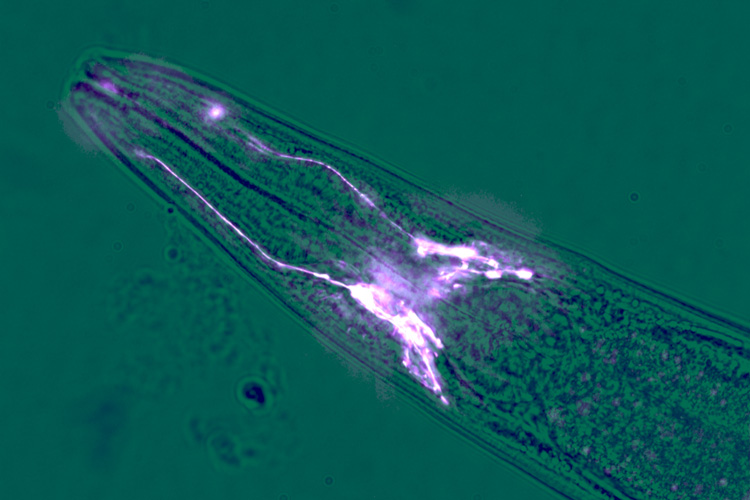
Recent work from the lab of MCB Professor Andrew Dillin, led by Postdoctoral fellow Ashley Frakes, has identified brain cells that help extend life in worms and maybe mice, which could lead to drugs that improve human muscle health & lifespan.
Read the Berkeley News article here.
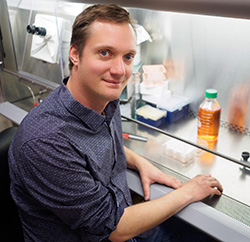 Congratulations to Dirk Hockemeyer on receiving tenure and his promotion to MCB Associate Professor!
Congratulations to Dirk Hockemeyer on receiving tenure and his promotion to MCB Associate Professor!
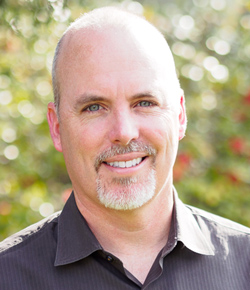 Congratulations to MCB Professor of Immunology and Pathogenesis Gregory Barton on being named a 2020 American Academy of Microbiology Fellow!
Congratulations to MCB Professor of Immunology and Pathogenesis Gregory Barton on being named a 2020 American Academy of Microbiology Fellow!
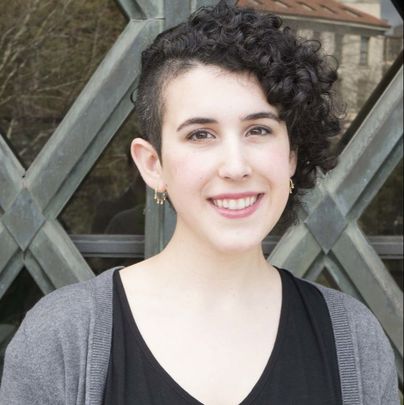 Rose Hill, a graduate student in the Bautista Lab, has received a Harold M. Weintraub Graduate Student Award. The Fred Hutchinson Cancer Research Center sponsors the award and it recognizes outstanding achievement during Graduate Studies in the Biological Sciences.
Rose Hill, a graduate student in the Bautista Lab, has received a Harold M. Weintraub Graduate Student Award. The Fred Hutchinson Cancer Research Center sponsors the award and it recognizes outstanding achievement during Graduate Studies in the Biological Sciences.
 Congratulations to MCB Assistant Professor Stephan Brohawn, who has been named a 2020 Sloan Research Fellow!
Congratulations to MCB Assistant Professor Stephan Brohawn, who has been named a 2020 Sloan Research Fellow!
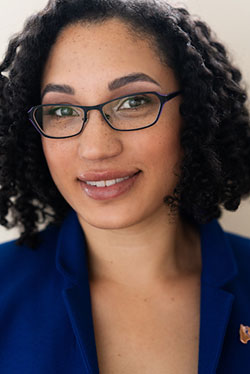 Congratulations to MCB Assistant Professor of Cell and Developmental Biology Samantha Lewis on receiving a Shurl and Kay Curci Foundation Faculty Grant!
Congratulations to MCB Assistant Professor of Cell and Developmental Biology Samantha Lewis on receiving a Shurl and Kay Curci Foundation Faculty Grant!
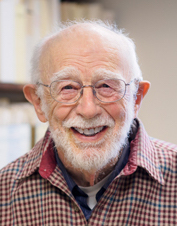 It is with great sadness we report the passing of Harry Rubin.
It is with great sadness we report the passing of Harry Rubin.
Professor Rubin was a treasured part of the UC Berkeley community, who joined the faculty in 1958 and served until he retired as an emeritus professor in 2001.
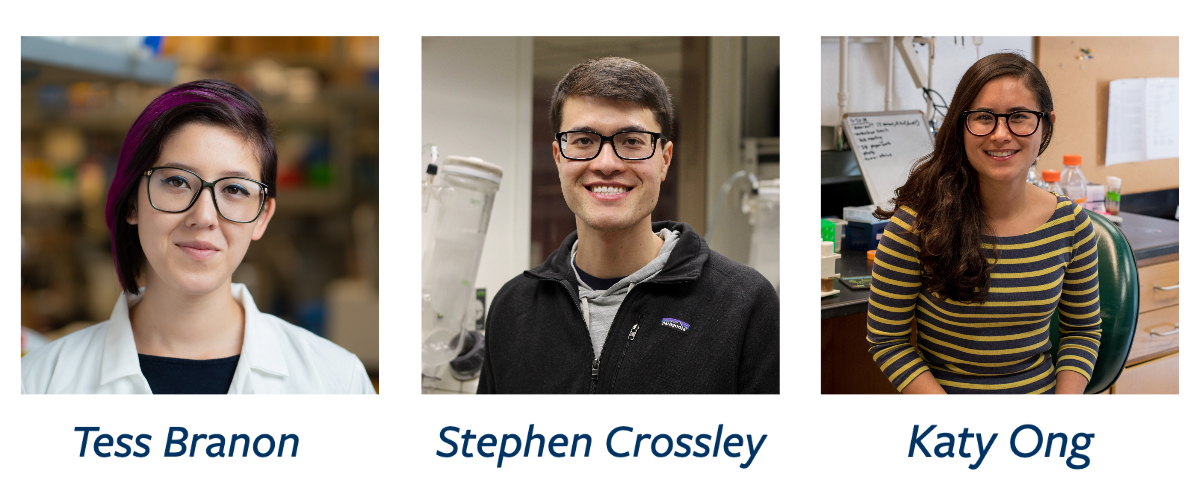 Congratulations to the three MCB Postdocs who have been named new Damon Runyon Fellows!
Congratulations to the three MCB Postdocs who have been named new Damon Runyon Fellows!
Read more...
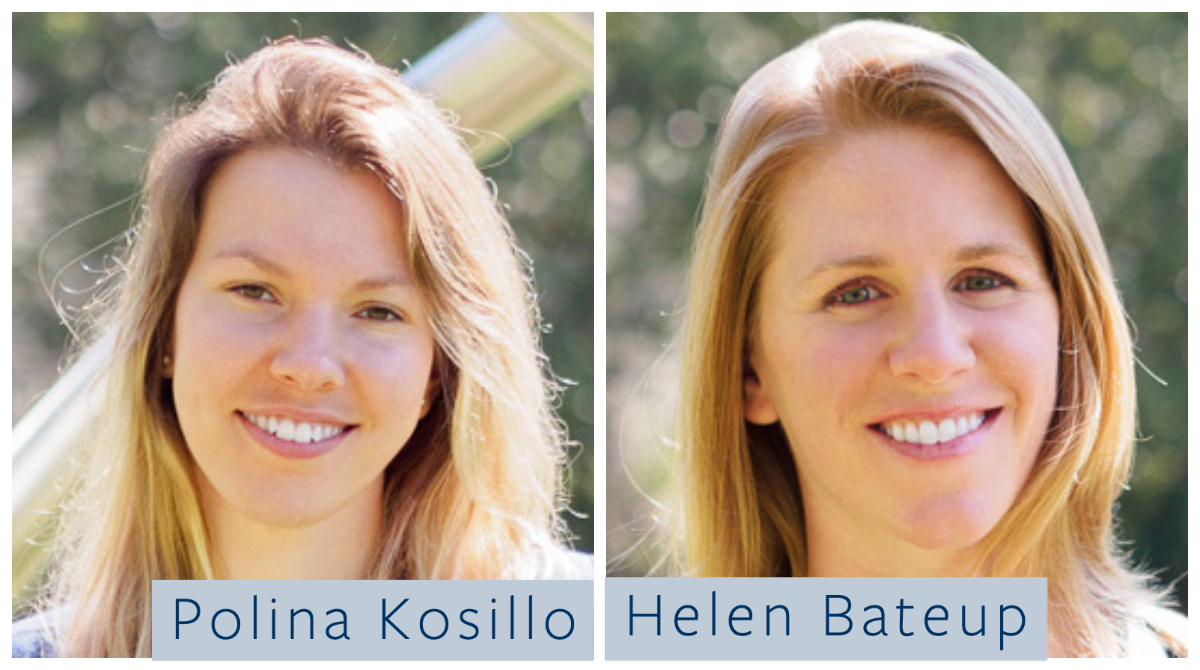 Recent work from the lab of Helen Bateup, led by Postdoctoral fellow Polina Kosillo, reveals cellular and molecular mechanisms underlying cognitive inflexibility.
Recent work from the lab of Helen Bateup, led by Postdoctoral fellow Polina Kosillo, reveals cellular and molecular mechanisms underlying cognitive inflexibility.
Read more...